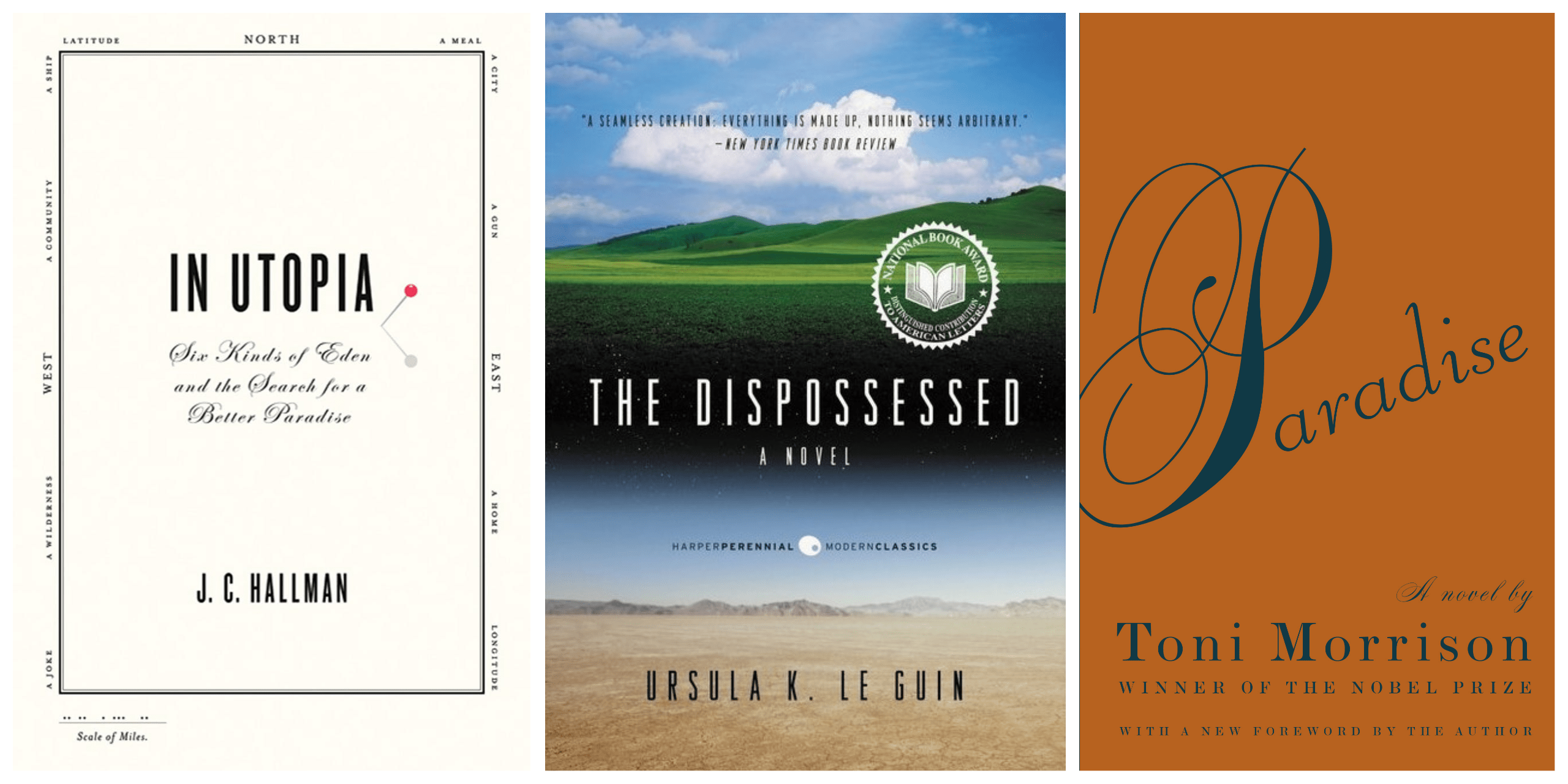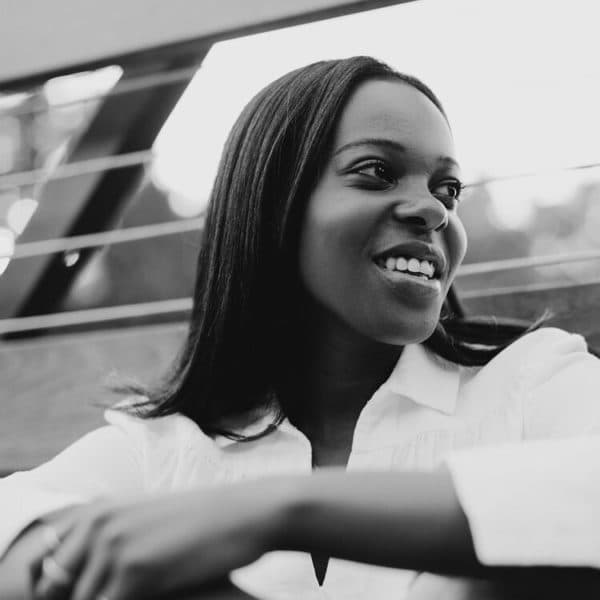Advertisement
The WBUR Read-In: Utopia

New England has long been fertile ground for experimental societies. One of the most influential utopian societies was formed close to home in West Roxbury. In 1841, a man named George Ripley bought 179 acres and created an “intentional community” called Brook Farm. The community, which had 120 members at its height, was inspired by the transcendentalist movement and sought to create a place that honored individual freedom, focused on humane relationships and the merging of values. Because of the community’s goals, Brook Farm grew, attracting academics, feminists, and thinkers from that time. And although it eventually fell apart, the commune's six-year existence was born out of a kind of radical imagination.
The idea of radical imagination is one I think about often. The expression is an invitation to view the world and its systems not as they are but as they could be. It’s a helpful framework for thinking about change when conversations about the future — especially those regarding the fate of the United States — become cyclical. Imagination is the catalyst for everything in existence, from the food we eat, the clothes we wear, and the cars we drive to our country’s founding. The idea of radical imagination takes systems and laws out of the concrete and places them back into the abstract. When I get overwhelmed thinking about this country and its codes, both written and unwritten, I find it helpful to think about whose imaginations we live in.
True utopia is not possible. However, the concept of world-building is fascinating. What do imagined literary societies tell us about our own? I don’t think we should all skip town to join communes, but we could use a bit of radical imagination as we attempt to keep moving forward as a country. This week, I have a few recommendations for reads on utopia, world-building and reimagining.
'In Utopia'
By J.C. Hallman
In this nonfiction book, J.C. Hallman goes on the search for real-world examples of utopia. The author grew up in a master-planned suburb in California on a street called Utopia Road in a house that he says housed him but did not raise him. In the book's opening, Hallman explains that utopias, as a rule, slip. “The history of utopian thought sheds light on civilization that both illuminates and scalds: Civilization triggers utopia, embraces it — then indicts it,” explains Hallman. Using literary utopia as a framework, Hallman explores the idea of perfection and the tensions that arise between, for example, the desire to be free from existential threat and the removal of nature. This book is rich, mixing narrative storytelling with investigation and history. It’s a non-judgemental look at utopia and why experimentation with the idea is important, even if they have failed before.
'The Dispossessed'
By Ursula K. Le Guin
This is an anarchist utopian novel and one of the author’s many famous reads. In “The Dispossessed,” Le Guin has created two seemingly opposite societies. One is an advanced capitalist world. The other is an anarchist and classless civilization. The book takes place 200 or so years after revolutionaries were given a mining planet to live on, where they attempted to create a kind of utopia. The story follows physicist Shevek as he journeys back to the mother planet, where he discovers that civilizations, no matter how different, have similarities. Le Guin was a political person, and the injustices in the world around her inspired her fiction. Threads like that of an oppressed underclass and imperialism run through her work.
'Paradise'
By Toni Morrison
Using inspiration from real towns founded by African Americans in the 19th century, Morrison crafts the community of Ruby. The novel is about a created utopia that is completely exclusionary to the outside world, it’s conservative, patriarchal, and follows a strict moral code. But the all-Black town borders a convent, which Morrison has written to be raceless and free-thinking. Because of the two communities' differences and Ruby’s obsession with self-preservation, violence erupts. The story is a masterclass in worldbuilding. In a 1998 interview with PBS, Morrison said, “All paradises, all utopias are designed by who is not there, by the people who are not allowed in.”
Additional Reading:
- A poem about utopia by Alicia Ostriker, which she explains by saying: “Of course… you can’t get there from here — though it can seem so close.”
- This essay by Eliane Brum in Granta about her journey to the Antarctic has me thinking maybe utopia is only possible without us.
- Photographer Isabel Okoro’s self-published collection of work focuses on a “normatopia.”
